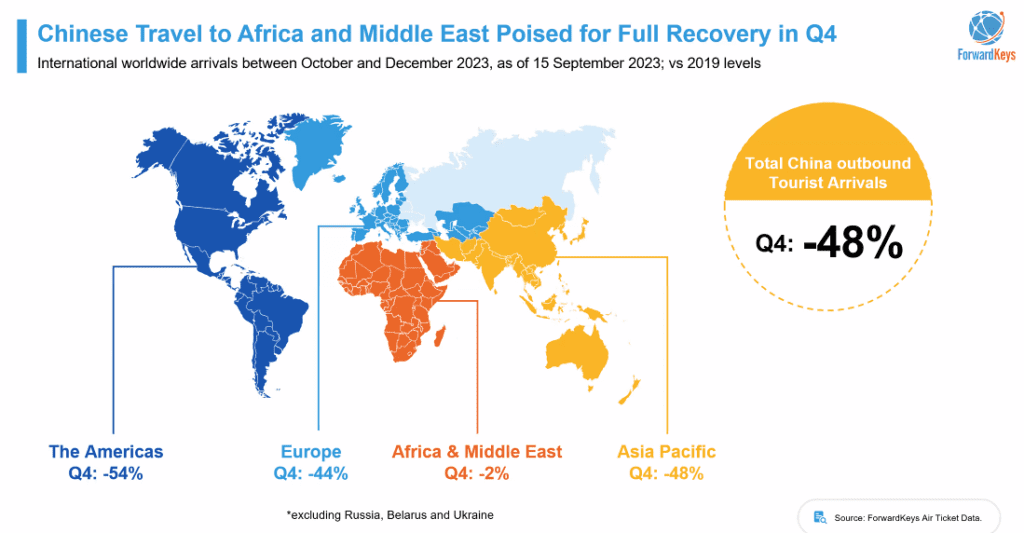A BBC reality TV show aired last month that showcased the beauty of British Columbia — while also constantly pointing out how frustrating the province’s transportation system can be.
Race Across the World began its third season in B.C., with five teams competing in an Amazing Race-style journey to get to St. John’s, N.L.
The first episode saw competitors dropped in Vancouver’s Stanley Park and told to head to Tlell — a community on the archipelago of Haida Gwaii off B.C.’s North Coast, around 800 kilometres to the northwest — without any access to phones, airplanes, or car rentals.
The result? Chaos.
hello i have watched the entire episode of the bbc reality show where british people are dropped in vancouver and asked to get to haida gwaii as fast as possible without flying or having phones/computers to guide them<br><br>and it is just as wonderful as i hoped <a href=”https://t.co/3WxIKorx72″>pic.twitter.com/3WxIKorx72</a>
—@j_mcelroy
One team is told to head to Whistler, only to find out there is no public transportation that heads north. Another heads to Vancouver Island and finds out it would cost $500 to travel the 175 kilometres from Campbell River to Port Hardy on the island’s northern tip.
“With public transport so limited, Canadians have learned to embrace car sharing,” the narrator gravely intones at one point, showing one of the four teams that resorted to hitchhiking or ride-hailing websites to make their way across the province, including from Prince George to Prince Rupert and Victoria to Port Hardy.
(Also, at one point, without any explanation, Merritt — a city of around 7,000 people in B.C.’s southern Interior built around ranching and farming — is called “a tourist hot spot.”)
The lack of connecting buses from town to town clearly exasperated many of the teams, used to a much more robust system of buses and trains across Europe — albeit in countries that are usually much smaller and more densely populated than British Columbia.
“I was under the impression we would be able to switch to another bus, and it’d be easy, so I’m a bit frustrated at the moment,” said one contestant as he waited for a bus in Nanaimo.
while the world learned we are a primitive bunch, deserving of the attenborough style narration for our transit system, they also learned that vancouver island has wonderful characters that will drive you to port hardy on a whim <a href=”https://t.co/HQpvK4aBRA”>pic.twitter.com/HQpvK4aBRA</a>
—@j_mcelroy
‘We’ve actually gone backwards’
Clips of the episode went viral in British Columbia over the last week, catching the eye of many politicians who have advocated for better regional transit service.
“We’ve actually gone backwards over the decades,” said Green Party Leader Sonia Furstenau, who lives in the Cowichan Valley and has advocated for better transit service linking communities on the island.
“There used to be significantly more access to public transit than there is now in smaller communities.”
When asked last month about declining regional transit service in B.C. — in large part sparked by the departure of Greyhound from across the province five years ago, David Eby argued it wasn’t the case.
But Furstenau believes there are opportunities for more investment.
“I think it’s starting with a mindset that part of government infrastructure is public transit … and not just public transit inside Metro Vancouver and Victoria, that’s public transit across the province.”
If there’s any consolation for wounded pride, the next episode of the season had contestants go from Haida Gwaii to Dawson City, Yukon — making the difficulties of southern B.C. look tame by comparison.

